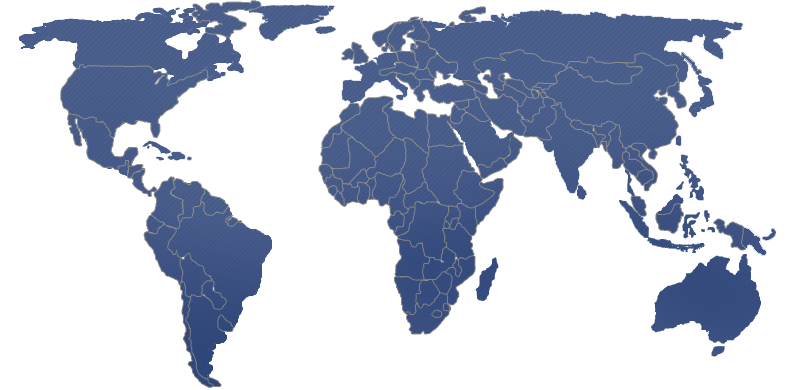You’ve completed your college applications and sent them in. Now, your next step is the college interview. You should prepare well for the interview, so we’ve gathered some Ivy League admission tips to help you get ready for this important event.
Why a College Interview?
College interviews are not always required, and many large universities don’t interview their applicants. However, the interview can be a decisive factor for the admission decisions of some colleges.
If you’ve been waiting to hear back after applying to a college and haven’t been offered an interview, you should call and ask for one. Find out if an interview is required, what types of interviews are available, and if the interview will influence the admission decision.
Interviews are generally conducted on campus or in your local area with an alumnus. Never turn down an interview if you are offered one. If you are given contact information for a representative in your area who can set up an alumni interview, be sure to call or email them right away.
Remember, your interview could be a decisive factor in your application’s success. Submitting your application early will improve your chances of obtaining an interview.
How to Prepare for a College Interview
Here’s an essential Ivy League admission tip: get to know yourself before the interview. What are you passionate about? What are your goals? Interviewers will often ask why you want to attend their school. What do you bring to the table? What sets you apart? Why is being admitted important to you?
Further, spend time reading books from different genres. Know what your favorite books are and why, but don’t be afraid to talk about the ones you don’t like. Also, don’t forget to read about current events.
More than likely, you’ll also be able to ask questions of your own. Be sure to do your research about the college you will be visiting, and ask questions about its unique characteristics.
Ask a friend or family member to conduct a mock interview with you so you can practice your body language and conversational skills. Also, pay attention to your tone of voice. Finally, make sure that you greet your interviewer with a firm handshake.
What to Wear
Another important Ivy League admission strategy is to choose your outfit carefully. Overly casual clothing such as sandals, jeans, and T-shirts should be avoided. Dress modestly.
Men, pick some nice pants—casual is fine as long as they aren’t jeans—and a shirt with a collar. A tie and a sports coat may add that extra touch. And make sure that your clothing is freshly laundered or ironed. Your clothes should also fit well.
Ladies, choose between a skirt or pants—whichever is more comfortable. Remember that knee-length or longer is a good guideline for your skirt. Add in a blouse that isn’t too revealing, and throw on a jacket if you want to dress up a little more. Avoid flip-flops and tennis shoes.
If you want to come across as a serious, dedicated student, your appearance needs to convey those qualities.
Dos and Don’ts
Highlight your interests and achievements during the interview, but remember that you won’t have time to cover everything.
Plan to arrive 10–15 minutes early. If you aren’t familiar with the area, give yourself ample time to find the interview location.
Don’t fidget, pick at your clothes, or stuff your hands into your pockets.
Keep your language professional.
Don’t chew gum during your interview.
Do turn your cell phone off before going to your interview. Be aware that you may be observed from the moment you step into view.
Do maintain eye contact when responding to or asking questions.
Don’t use fillers such as “you know” and “like.” You have important things to say and a limited time to say them. Also, avoid using phrases like “honestly” at the start of your sentences.
Do be yourself and relax. Remember, there’s no need to act. Relaxed doesn’t mean casual, though, so don’t tip your chair back and put your feet on the desk in front of you.
Do arrive clean and well-groomed. Make sure you’ve showered—you don’t want your aroma to be your lasting impression.
After the Interview
Don’t forget to follow up! After you’ve returned home from your interview, write a thank-you note to your interviewer. That note will set you apart from other applicants.






